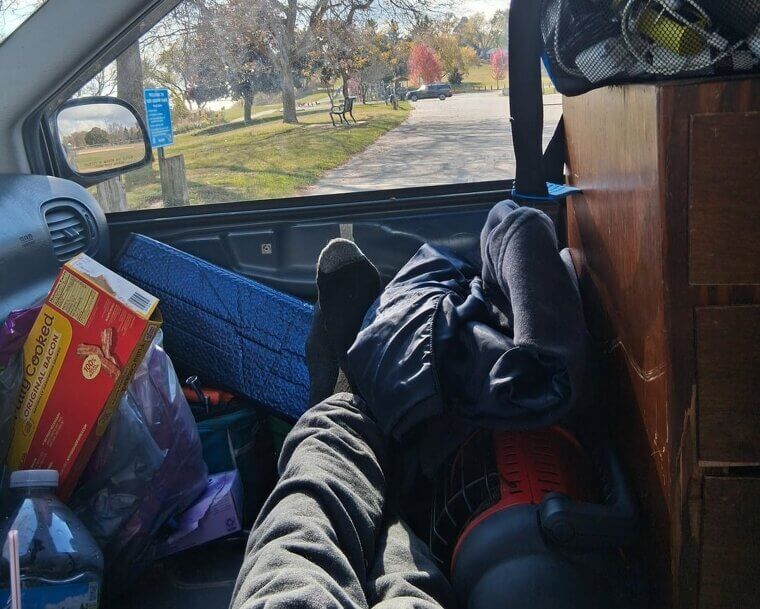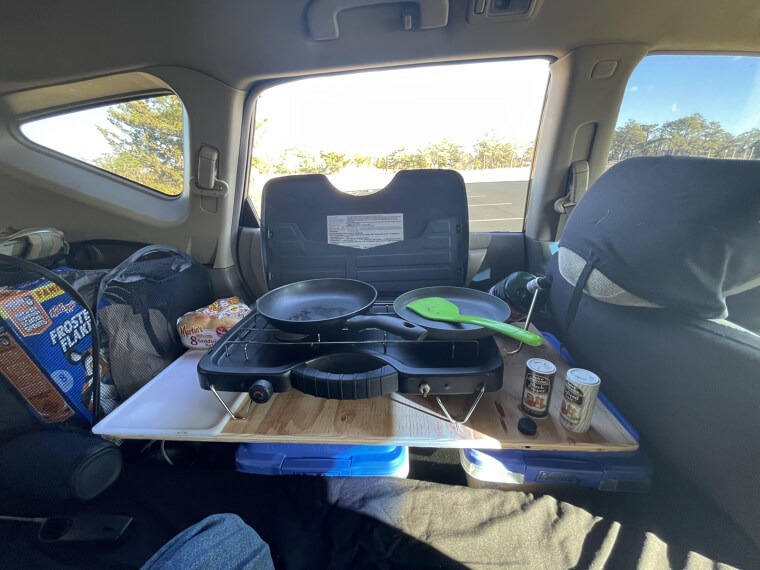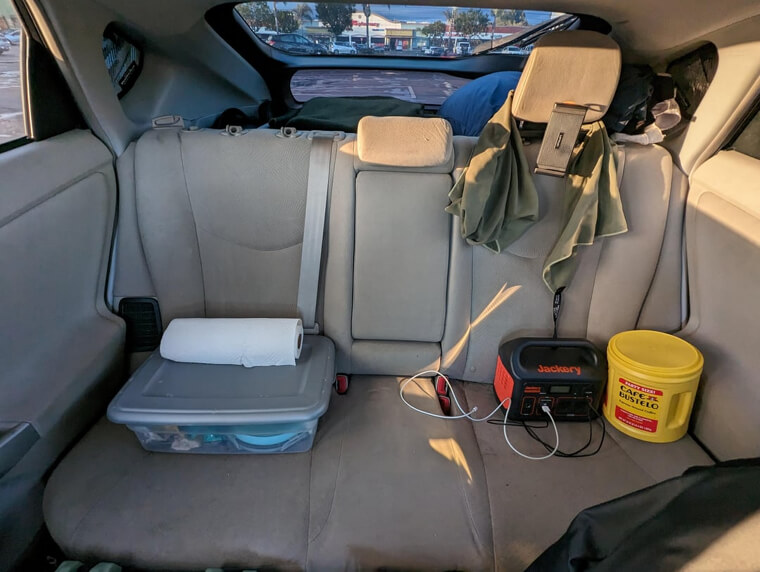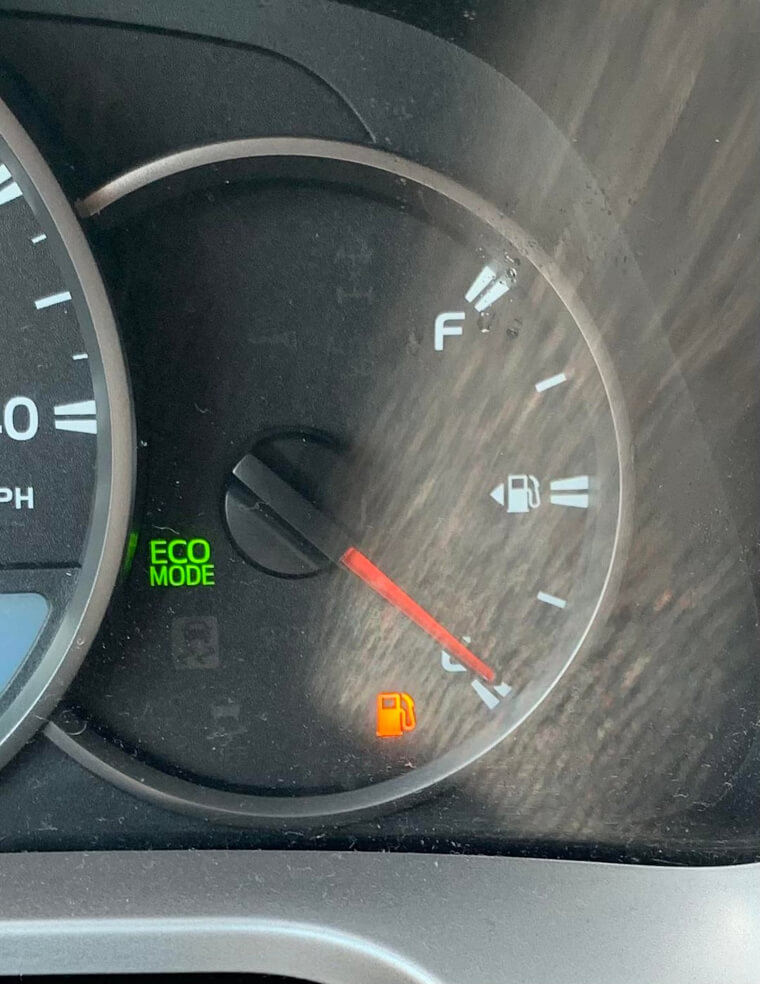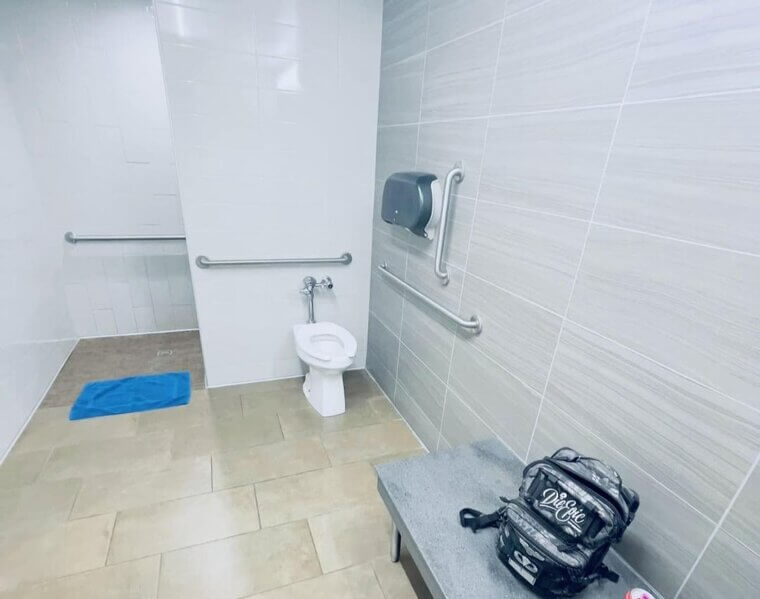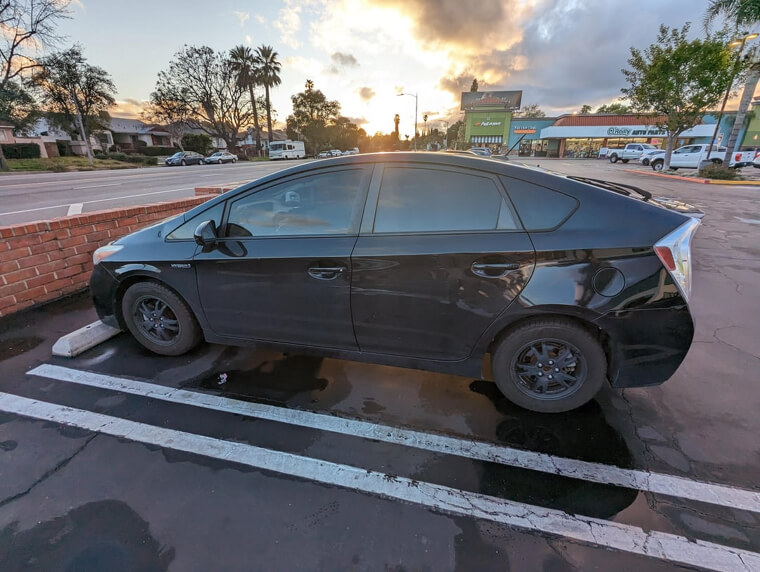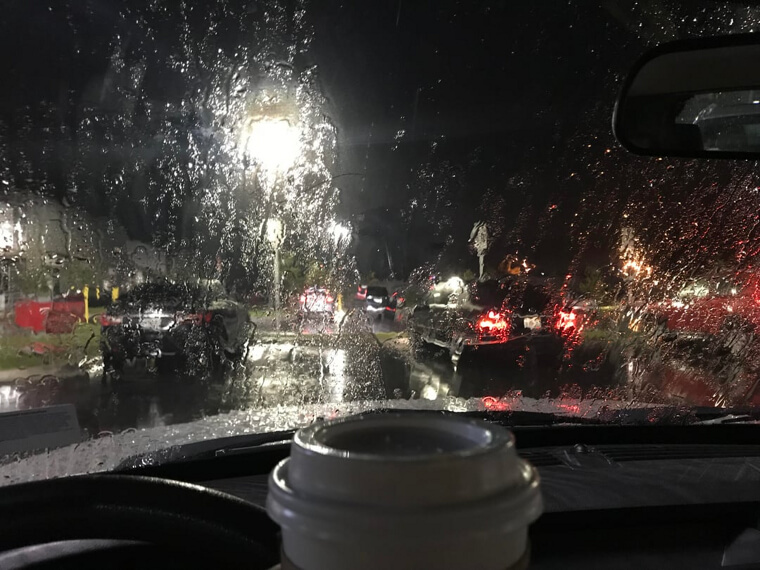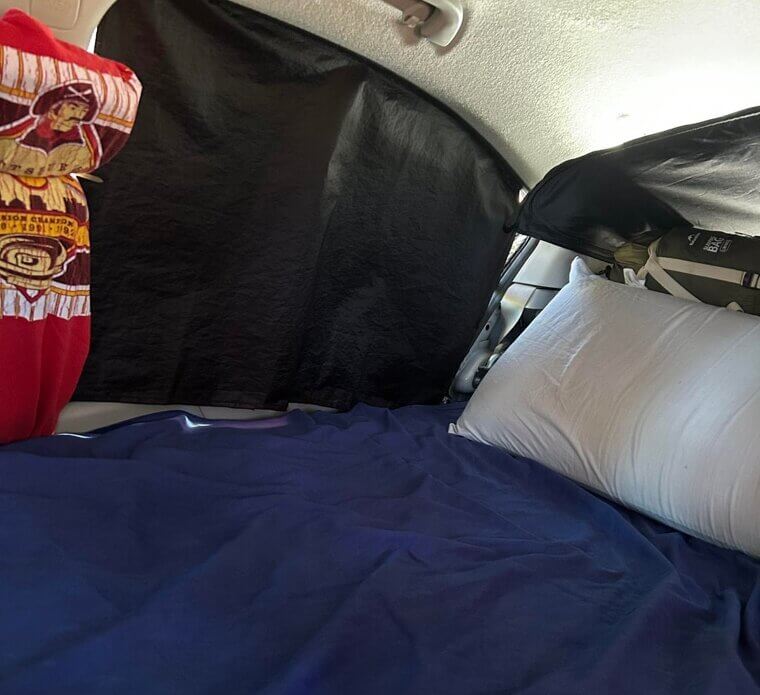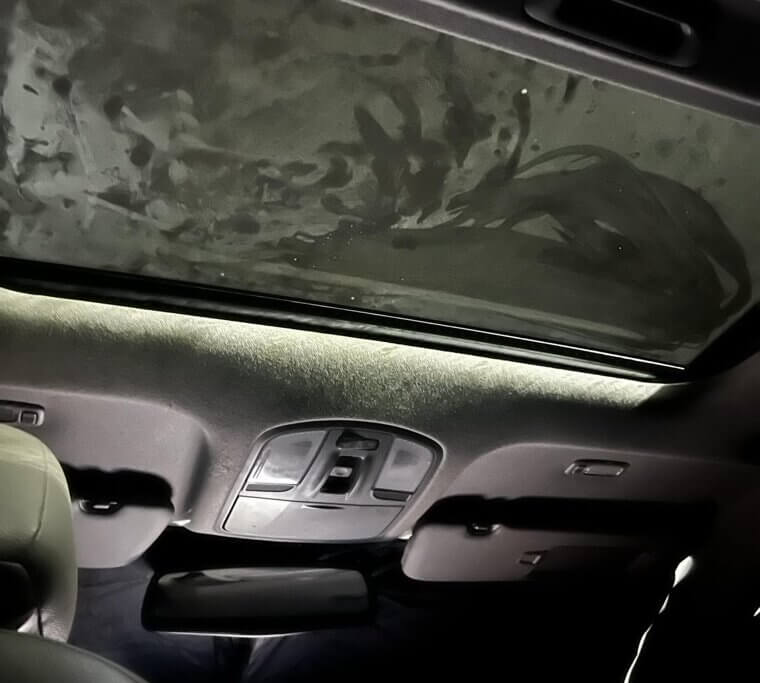Parking Becomes a Daily Puzzle
One of the biggest surprises for people living in their cars is that parking becomes a full time job. You cannot just pick any spot. You need somewhere legal, quiet, safe, and ideally unnoticed. Some cities forbid overnight parking entirely, while others allow it only in certain areas. Shopping center lots offer temporary options, but they are not guaranteed. Residential streets might attract attention from neighbors or police. Constantly moving to avoid tickets becomes exhausting and occasionally costly. A parking ticket or towing fee can wipe out an entire month of savings. Even free parking comes with trade offs, such as noise, limited lighting, or uncertain safety. Many older adults remember when parking felt simple. Living in your car proves quickly that finding a place to sleep can cost time, stress, and sometimes money.
Food Suddenly Costs More
Without a fridge, a freezer, or even a reliable way to keep leftovers, your food options shrink fast. You end up buying more single serving items, which are always more expensive. Grocery stores become places where you stare longingly at ingredients you cannot safely store. Instead, you rely on packaged snacks, takeout, or convenience foods. Even basic ingredients cost more when you must buy tiny portions. Cooking becomes a challenge unless you invest in portable stoves, which come with their own fuel costs and occasional safety concerns. All of this adds up. People often assume living in a car means living cheaply, but food is one of the first areas where budgets break. It is hard to save big money when you are constantly paying extra for meals that fit your temporary kitchen, which is usually the passenger seat and a cooler that needs endless ice.
Maintenance Costs Rise Fast
Your car becomes your bedroom, kitchen, closet, and living room, which means it experiences constant wear. Seats flatten, carpets collect crumbs, and windows fog up daily. More importantly, mechanical parts age faster because you use the vehicle for every aspect of life. Frequent idling strains the engine. Driving to find safe parking puts extra miles on the odometer. Batteries drain faster when used to charge devices. Oil changes become more frequent, and repairs become more urgent because your car is not just transportation, it is your shelter. A surprise breakdown is no longer inconvenient. It is a crisis that leaves you without a place to sleep. Many people underestimate how much it costs to keep a car comfortable and reliable when it functions as a home. Those added costs often chip away at the savings they imagined they would gain by avoiding rent.
Gas Becomes Your New Rent
At first glance, living in a car seems like a brilliant way to avoid monthly rent. Then you realize your gas tank suddenly becomes your second home and your new landlord. Every errand requires driving, and every place you sleep must be chosen carefully. You burn fuel to find a safe spot, fuel to move when someone knocks on your window, and fuel to warm up on cold mornings. Even if you try to stay parked as much as possible, you eventually use more gas simply because your car becomes your entire world. Add in the temptation to idle for comfort and you might end up spending more fuel money than you expect. Rent vanishes but fuel becomes a constant cost that sneaks up quietly. For many people, that savings gap narrows quickly once they factor in how often a car based lifestyle forces them to stay on the move.
Showering Turns Into a Paid Activity
Most people never calculate the value of their home shower until they lose it. Living in a car means every shower requires a plan. Gyms become the most common solution, and that means monthly fees. Even the cheapest memberships add up, and if you travel outside your gym’s network, you end up paying for day passes. Laundromats become your second stop, and they are rarely cheap. Water is free at home, but once you start living entirely on the road, personal hygiene becomes a small collection of subscription services. You can technically rely on wet wipes and sink scrubs, but the novelty wears off quickly. By the end of the month, many people realize they are spending more on cleanliness than they expected. Living in a car saves rent, but hygiene still charges a premium.
Insurance Can Get Complicated
Car insurance companies charge based on risk, and living in your car changes several risk factors. You drive more, you park in unfamiliar places, and you sleep inside the vehicle, which adds another layer to the potential claim list. Some policies do not cover personal belongings, so if your laptop, clothing, or phone get stolen, you are out of luck. Others charge more if the car is used in atypical ways. People often assume their premiums will stay the same, but the moment their driving patterns change, so can their coverage and cost. Even if your insurer never learns your new lifestyle, the increased mileage alone can raise your rates. And because you rely on your car for everything, you may feel pressured to buy roadside assistance and add ons. Insurance does not disappear when you ditch rent. It simply grows in unexpected directions.
Weather Becomes Expensive
When you live in a building, weather is something you adapt to with thermostats and insulation. In a car, weather becomes one of your biggest monthly expenses. Cold weather forces you to buy blankets, hand warmers, and sometimes new gear just to sleep comfortably. Hot weather means running the air conditioner periodically, which burns fuel at an impressive rate. Rain and humidity cause fogged windows and damp bedding, which leads to constant drying and cleaning. Seasonal shifts require new supplies every few months. Poor weather also limits where you can safely park. All these adjustments cost money. What once felt like free fresh air can become a surprising financial drain. For many people, the extra spending on temperature control cancels out part of the rent savings they expected.
Privacy Becomes a Paid Luxury
Maintaining privacy inside a car requires creativity and, unfortunately, money. Window covers, blackout curtains, sunshades, and tinting supplies are often necessary just to sleep comfortably. Many people end up buying organizers, dividers, and locking storage boxes to keep valuables safe. Clothing changes become complicated, so you might pay for occasional motel nights simply to get a day of privacy and rest. Public bathrooms also play a major role, and some require purchase to use. Comfort disappears quickly when you realize your private moments now depend on parking spots and restroom availability. Many people underestimate how expensive it is to remain comfortable and unseen. Homes offer privacy for free. Cars make you work for it.
Health Takes a Hit
Living in a car affects posture, sleep quality, diet, and stress levels. That physical strain can lead to doctor visits, chiropractic needs, or prescription costs you did not expect. Sleeping in cramped positions can create back and neck problems. Constant stress weakens immune systems. Lack of consistent refrigeration limits healthy food choices. Over time, these factors add up to real financial strain. People often think of car living as an adventurous or minimalist choice, but the human body prefers stability. When your daily routine depends on weather, parking, and unpredictable conditions, your health can suffer. Those costs are harder to track but very real. Health expenses can quickly erase the financial gains of skipping rent.
Emergencies Cost More
When your entire life is inside a vehicle, any emergency becomes expensive. A flat tire ruins your evening and your sleeping arrangement. A dead battery is not just an inconvenience, it is a crisis. If your car gets towed or broken into, you suddenly lose your home as well as your transportation. People often forget that emergencies hit harder when you rely on one object for everything. That pressure forces you to keep extra savings, buy more equipment, or pay for memberships and services you might not otherwise need. Emergencies at home are unpleasant. Emergencies in a car based lifestyle are costly in every sense.

